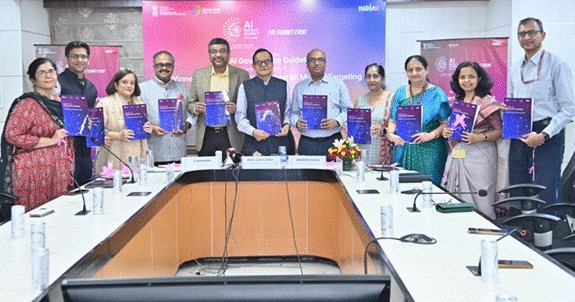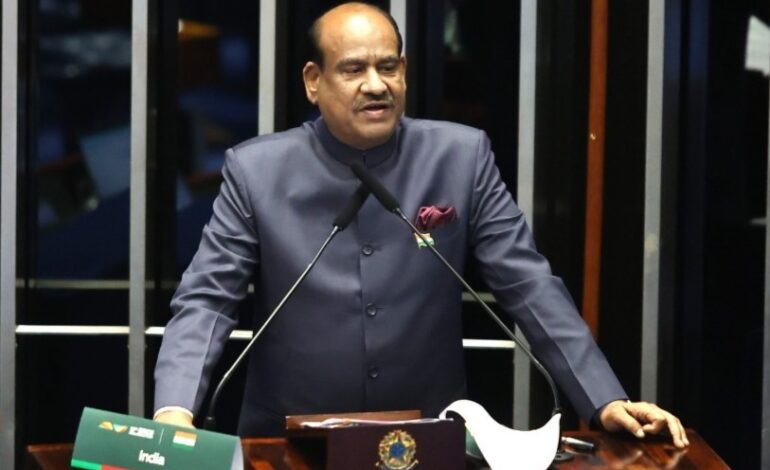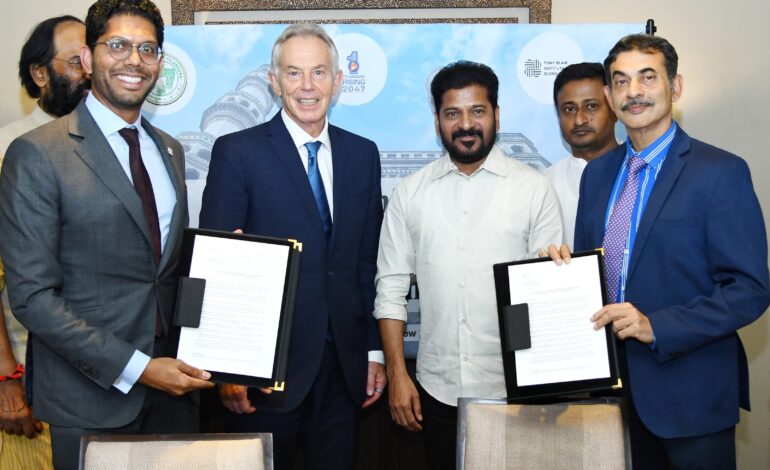CCPA Fines VLCC ₹3 Lakh for Misleading CoolSculpting Ads, Orders Strict Disclosures

CCPA said the ruling reaffirms its commitment to protecting consumers from false or exaggerated advertising in the health and beauty sector.
New Delhi, August 23: The Central Consumer Protection Authority (CCPA) has imposed a penalty of ₹3 lakh on VLCC Ltd for publishing misleading advertisements about fat-loss treatments using the US-FDA approved CoolSculpting procedure.
The regulator found that VLCC exaggerated claims such as “Lose up to 600g and 7 cm in 1 session” and “Drop 1 size in 1 session permanently,” creating a false impression of guaranteed weight loss. In reality, CoolSculpting is approved only for localized fat reduction in specific body areas and is not a weight-loss treatment.
Earlier, CCPA had fined Kaya Limited the same amount for similar misleading promotions. Both companies’ ads depicted “before-and-after” images and suggested dramatic, permanent results, going far beyond the actual FDA approval.
The investigation also noted that the US-FDA’s approval was based on limited trials involving 57 non-Asian participants, with no data on Indian patients. Moreover, the FDA has not endorsed the use of CoolSculpting in India.
In addition to the fine, CCPA directed VLCC to ensure strict disclosures in future advertisements, including:
- Clarifying that the procedure is only for individuals with BMI of 30 or less.
- Stating clearly that CoolSculpting is for treating focal fat deposits, not overall weight loss.
- Listing targeted body areas, testing demographics, and exclusions under US-FDA approval.
- Informing consumers about the lack of FDA endorsement for India.
CCPA also ordered VLCC to discontinue unfair clauses that attempted to absolve the company of liability for its claims.
The authority cautioned all beauty clinics and wellness centers using CoolSculpting machines to comply with these norms or face stringent action under the Consumer Protection Act, 2019.
CCPA said the ruling reaffirms its commitment to protecting consumers from false or exaggerated advertising in the health and beauty sector.








